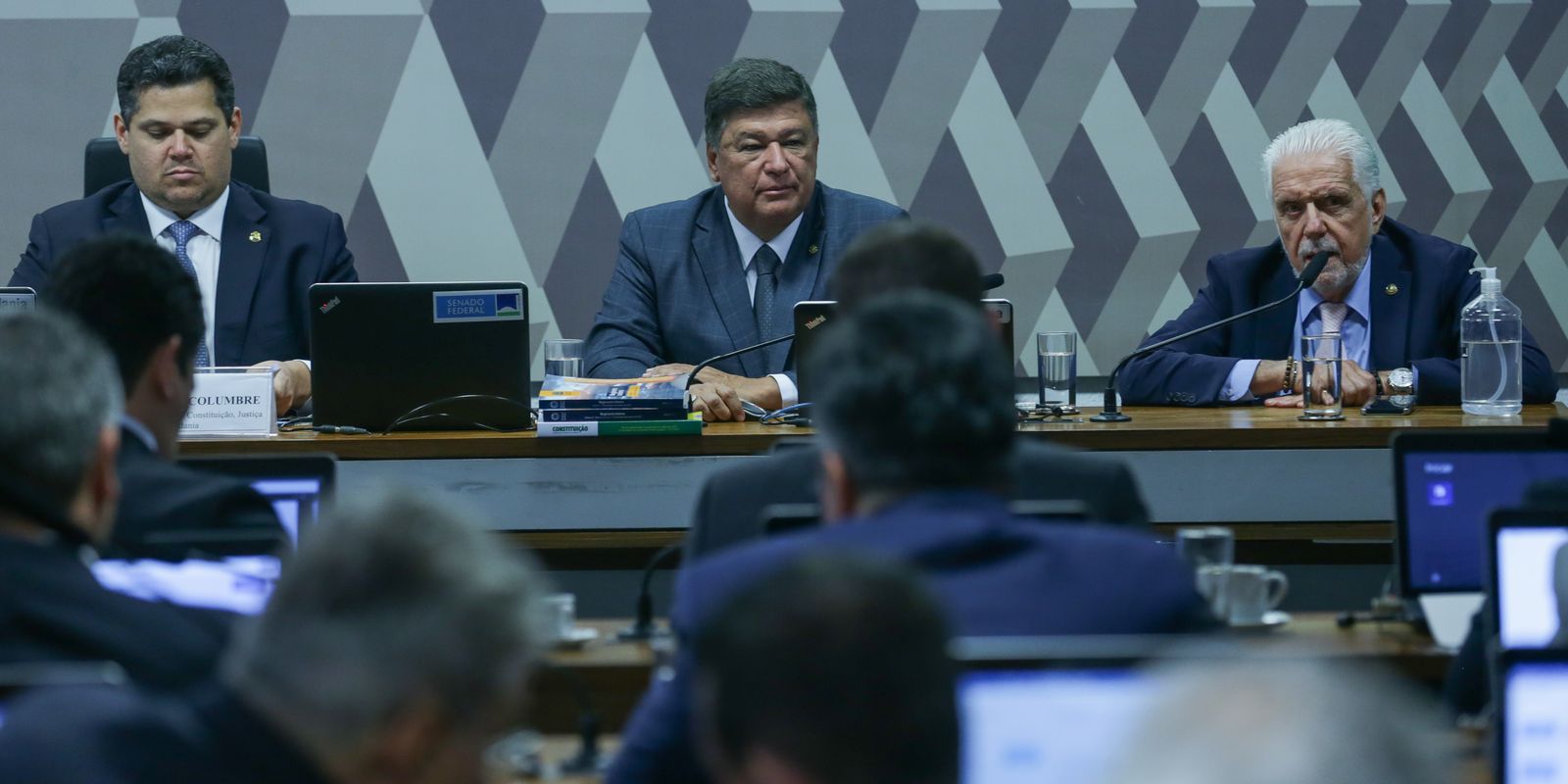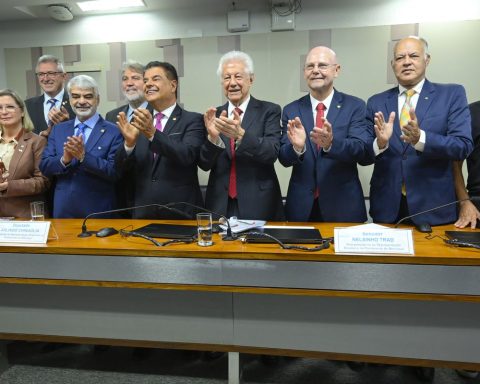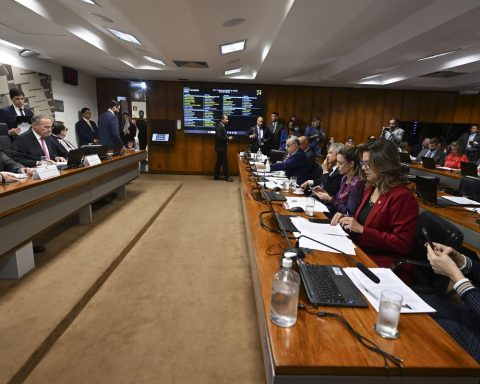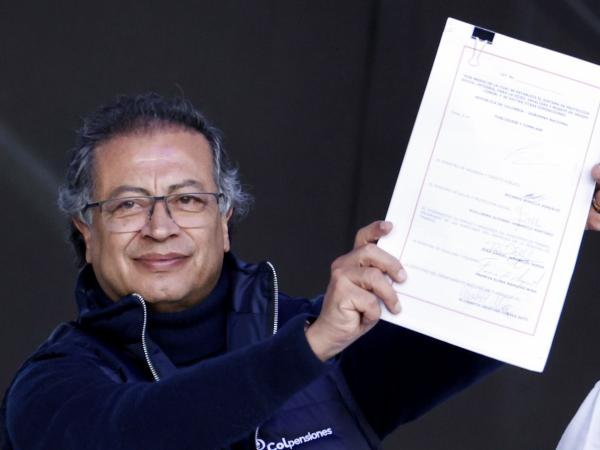In an attempt to reach an agreement with the federal government, the vote on the Proposed Constitutional Amendment 65/2023 (PEC) that grants financial and administrative autonomy to the Central Bank (BC). The PEC is being processed by the Senate’s Constitution and Justice Committee (CCJ). In a session this Wednesday (17), the committee’s senators announced an agreement to postpone the vote. 
The government leader in the Senate, Senator Jaques Wagner (PT-BA), agreed to postpone the vote, arguing that there would not be a majority in the CCJ to approve the PEC. “The expectation was for a tied score. The expected score showed that the colleagues themselves do not yet have a consolidated majority. Well, then this period has opened up.” [para mais negociações]”, he added.
The senator recalled that the Finance Minister, Fernando Haddad, is not against the administrative and financial autonomy of the BC, but the way in which this autonomy would be granted.
“Sometimes they say that the problem, the devil, lives in the details. It is this detail that has imprisoned [a tramitação da matéria]”, said the senator. The government is against the transformation of the Central Bank into a public company.
The PEC under analysis transforms the BC from a federal agency linked to, but not subordinate to, the Ministry of Finance, into a public company, with a special nature, due to the exercise of state activity, and now has a legal personality under private law.
Senators in favor of the PEC agreed to postpone the matter, such as Senator Tereza Cristina (PP-MS). “I think it deserves more discussion. If we can reach an agreement that does not distort the report, I think it is very good,” she said.
The exception was the rapporteur of the text, Senator Plínio Valério (PSDB-MA), who complained about the government’s delay in entering the debate. “I would have a vote. If there is a postponement, of course, we will have plenty of space, plenty of time to discuss. But I hope that there will be a real dialogue,” he said.
“The government has many considerations and demands, some pertinent, others not so much. I can’t take the suggestions now, hours before the meeting, and accept or reject them,” added Plínio Valério, who, even without time to analyze the government’s proposals, defended voting on the report as it was.
According to leader Jaques Wagner, the government’s delay in addressing the issue was due to other priorities, such as negotiations on compensation for the payroll tax relief for economic sectors and municipalities. “There is no idea of procrastination,” he said.
With the autonomy proposed by the rapporteurthe BC’s budget would no longer depend on transfers from the National Treasury, and would use its own revenues generated by its assets to cover its personnel, general operating and investment expenses.
If the PEC is approved, BC employees will no longer be governed by the Union’s single regime and will become public employees, governed by the Consolidation of Labor Laws (CLT).
Separate vote
Last week, Senator Rogério Carvalho (PT-SE) presented a separate vote proposing the rejection of the PEC. He argues that there is an incompatibility between the nature of a public company and the typical State attributions exercised by the Central Bank.
“In our legal system, typical State activities are carried out under public law,” said the senator, adding that “a public company is an entity with a legal personality under private law.”
Experts consulted by Brazil Agency They warned that the PEC promotes a type of privatization of the management of the BC and brings fiscal risks to the country, since the profits obtained by the bank may no longer be transferred to the National Treasury.
But supporters of the PEC argue that the measure is necessary so that the institution can develop its activities and make the necessary investments without the risk of having resources blocked or limited by the Union budget.

















